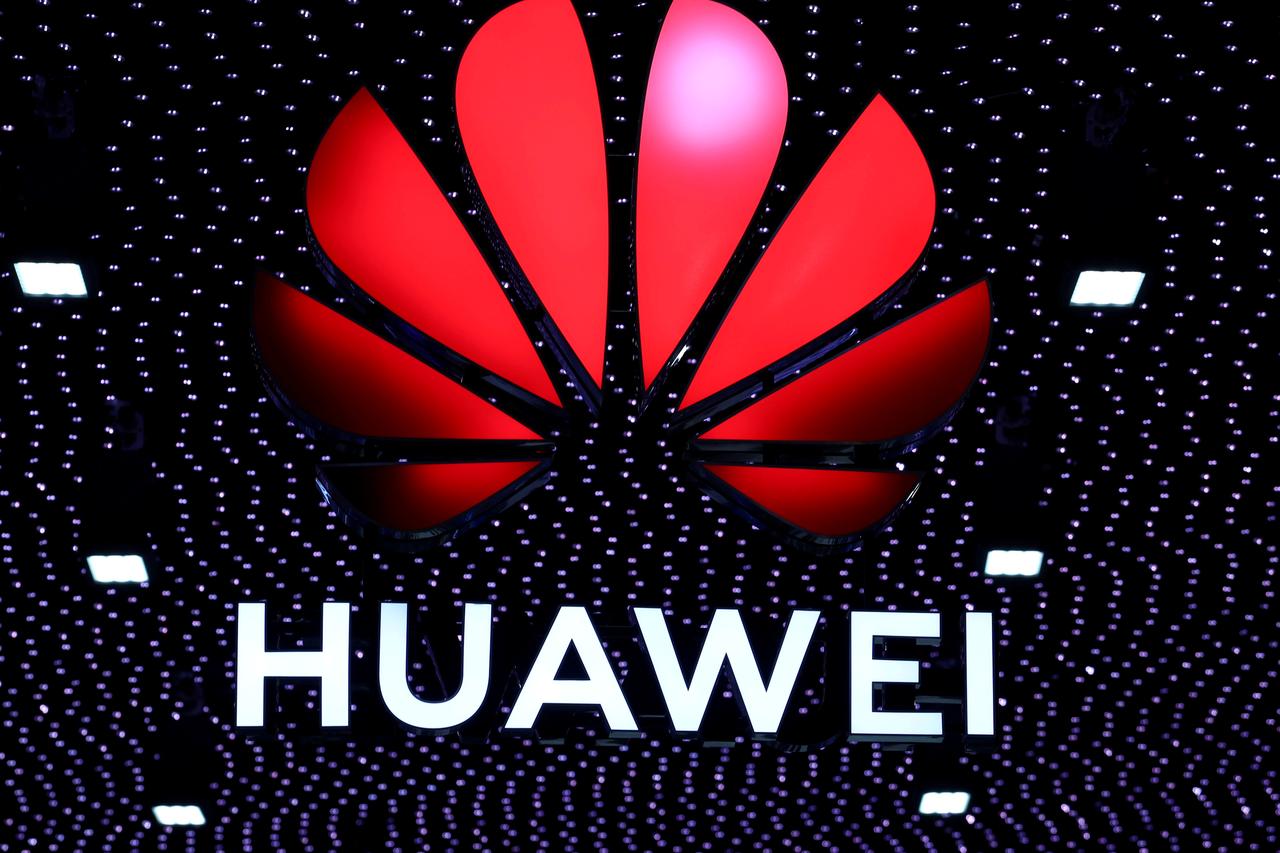Microsoft Wants You to Save the World by Using Bing Instead of Google
Microsoft is positioning Bing not only as a search engine but also as a sustainability tool. The company’s new message is simple: Microsoft wants you to save the world by using Bing. This campaign ties eco-friendly values with digital choices, urging internet users to rethink how their everyday searches impact the planet.
The Message Behind Microsoft’s Campaign
Tech companies increasingly link their brands to sustainability. Microsoft highlights how using Bing contributes to its global carbon-negative goals. The company pledges to remove more carbon from the environment than it emits by 2030. By promoting Bing, Microsoft signals that each user decision—no matter how small—adds up.
Microsoft claims Bing consumes optimized energy per search compared to older models of web indexing. That efficiency, paired with data center investments in renewable energy, allows Microsoft to present Bing as an eco-conscious alternative to Google.
How Bing Ties to Sustainability
Microsoft connects Bing searches with initiatives that offset environmental impact. Data centers running Bing use renewable energy sources and advanced cooling methods to reduce emissions. Additionally, Microsoft links Bing Rewards to eco-friendly programs. For example, points earned through Bing can support tree planting or carbon removal projects.
The pitch blends environmental impact with everyday digital habits. Microsoft argues that by simply switching search engines, users directly contribute to climate goals.
Microsoft vs Google: The Green Competition
The sustainability pitch also functions as a competitive move against Google, which dominates global search with over 90% market share. Microsoft emphasizes Bing’s integration with generative AI through Copilot, combined with sustainability initiatives, as unique advantages.
Google has also announced major climate commitments, pledging to operate entirely on carbon-free energy by 2030. However, Microsoft suggests Bing users already take part in its carbon-negative roadmap today. This framing positions Bing not just as a challenger, but as a socially responsible choice.
Why Tech Giants Compete Over Green Credentials
Sustainability now influences consumer trust. Users increasingly prefer brands aligned with climate responsibility. Microsoft leverages this sentiment by framing Bing as a direct action tool. Choosing Bing becomes both a functional and ethical decision.
This competition highlights how tech giants are expanding beyond software battles into values-based branding. By linking digital services with environmental benefits, they appeal to younger, eco-aware demographics.
User Impact: Small Actions, Big Results
Microsoft stresses that each Bing search counts. Millions of daily searches, when shifted, channel energy toward cleaner operations. A single user might feel their search choice is minor. Yet, Microsoft presents the cumulative effect as meaningful climate action.
By gamifying Bing Rewards and linking them to tree-planting or donations, Microsoft turns ordinary searches into micro-contributions toward sustainability.
Expert Perspectives
Analysts note that Microsoft’s eco-branding serves dual goals: boosting Bing adoption and strengthening corporate reputation. They argue that convincing users to switch from Google remains challenging. Yet, by attaching a moral incentive—saving the world—Microsoft increases Bing’s appeal.
Environmental experts cautiously welcome such initiatives but warn against greenwashing. They stress the importance of measurable carbon reductions, not just marketing campaigns. Microsoft’s transparency reports and independent audits will play a key role in credibility.
The Future of Sustainable Search Engines
If Microsoft’s campaign resonates, other tech companies may follow, linking user activity directly with climate projects. Future search engines may display sustainability metrics alongside results, showing users their environmental impact per search.
AI integration may also enhance efficiency, reducing the energy required for large-scale data processing. Microsoft hopes Bing’s eco-branding and AI innovations create a strong alternative for environmentally conscious users.
Challenges Ahead for Bing
Despite bold claims, Bing still faces an uphill battle. Market dominance by Google makes user migration difficult. Many users remain locked into Google services like Gmail, Maps, and YouTube. Convincing them to abandon established ecosystems requires more than green credentials.
Microsoft must deliver not only sustainability but also competitive speed, accuracy, and AI-driven features. Without these, eco-friendly branding alone may not sustain user interest.
Conclusion
The new pitch from Microsoft reframes Bing as more than a search engine. By saying Microsoft wants you to save the world by using Bing, the company blends sustainability with technology adoption.
This message appeals to eco-conscious users, while also challenging Google’s market dominance. If Microsoft proves its environmental claims with data and continues improving Bing’s performance, it may gradually shift user behavior.
In the digital age, even something as simple as a search query can carry broader meaning. With Bing, Microsoft hopes every click becomes part of a larger global effort—one that not only delivers answers but also contributes to saving the planet.







